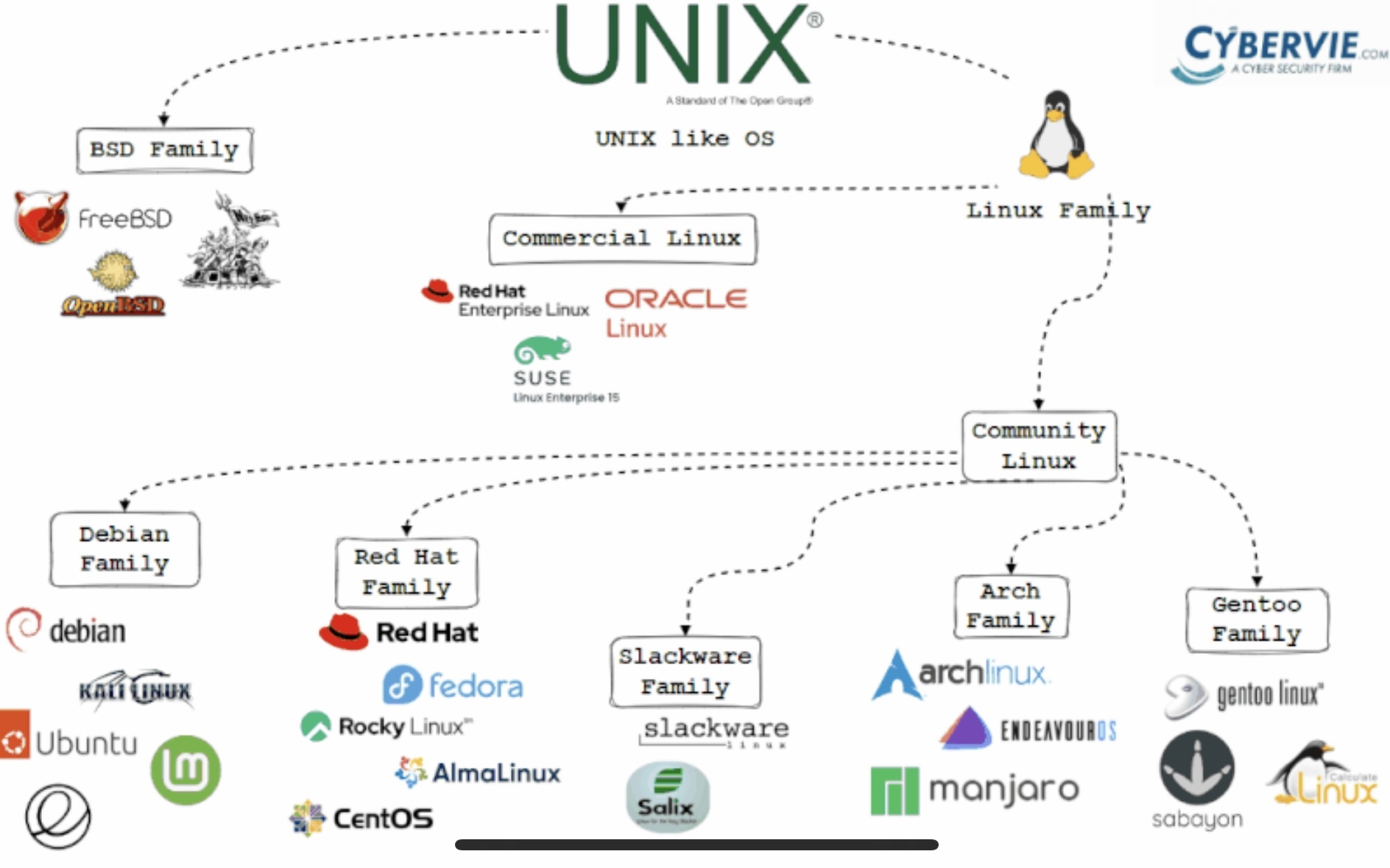This is the best I could find: https://www.gnu.org/distros/free-distros.en.html
Baldur Nil
Mobile software engineer.
- 0 Posts
- 8 Comments
Yeah, just a note, basically these Linux distros are the same at their “core”, but what differs among them is mostly about the software they have and the way they’re managed.
So you have distros that offer only open source software in their repository, some include proprietary drivers. Some distro families will have some differences in the path of certain folders, different families use different formats of their packages (which include the actual binary of the software together with the metadata about how to install them in the system), although a purely Linux binary should be executed in any Linux distro. Some offer more guidance during installation and setup, some offer a more “raw” experience that force you to chose every little detail, and so on.
Another difference is in their philosophy of how the packages and dependencies are made available. Distributions such Arch Linux and its derivatives always offer the latest versions of each package, reason why they’re called “rolling release”. Distributions such as Debian offer a specific version that’s “frozen” and tested thoroughly until a new version of Debian is released with more updated software.
Some say a rolling release distro is better for gamers because you always get the latest features and performance improvements, but they’re naturally less reliable than a stable distro.
So I’d say the important thing is to understand the trade-offs so that you can choose the best thing for you. And also there’s no downside of experimenting different distros in a virtual machine, for example.
Also has an interface that clicks easier with people used to Windows.
Here’s a nice pic that make you feel less “lost” about the how some popular distributions relate to each other:


 2·4 months ago
2·4 months agoI think we’re naturally a bit suspicious of freeware as “misleading” because so many old software used to be just vectors to install malware (mostly spam) alongside it. At least for me, I only trust it either if it is open source or it has a sustainable business model.
If the distro is rolling release, it can always support the latest software in theory, you’d just need to have the correct package formula, which is exactly what AUR offers.
The problem with AUR is just that the author of the package is likely not the author of the software and not affiliated with the distro, so you should normally check what the script is doing.
I really understand how hard is maintaining something for every single package manager and distributions
But for apps distributed in your system’s package manager, it’s not the devs that are distributing them in every package manager. It’s the distribution itself that goes to each repository, checks and tests the dependencies they need and creates the package for the distribution, along with a compiled binary.
When they aren’t offered in the distro’s package manager (or the version is outdated because the distro isn’t rolling release) things become more complicated indeed, and sometimes you can’t even do it because the dependencies are older than the ones you require.

Also AWK is made to be fast, right? I suppose doing something in CPython in a non efficient way might not be noticeable with a bit of text, but would show up with a large enough data stream.